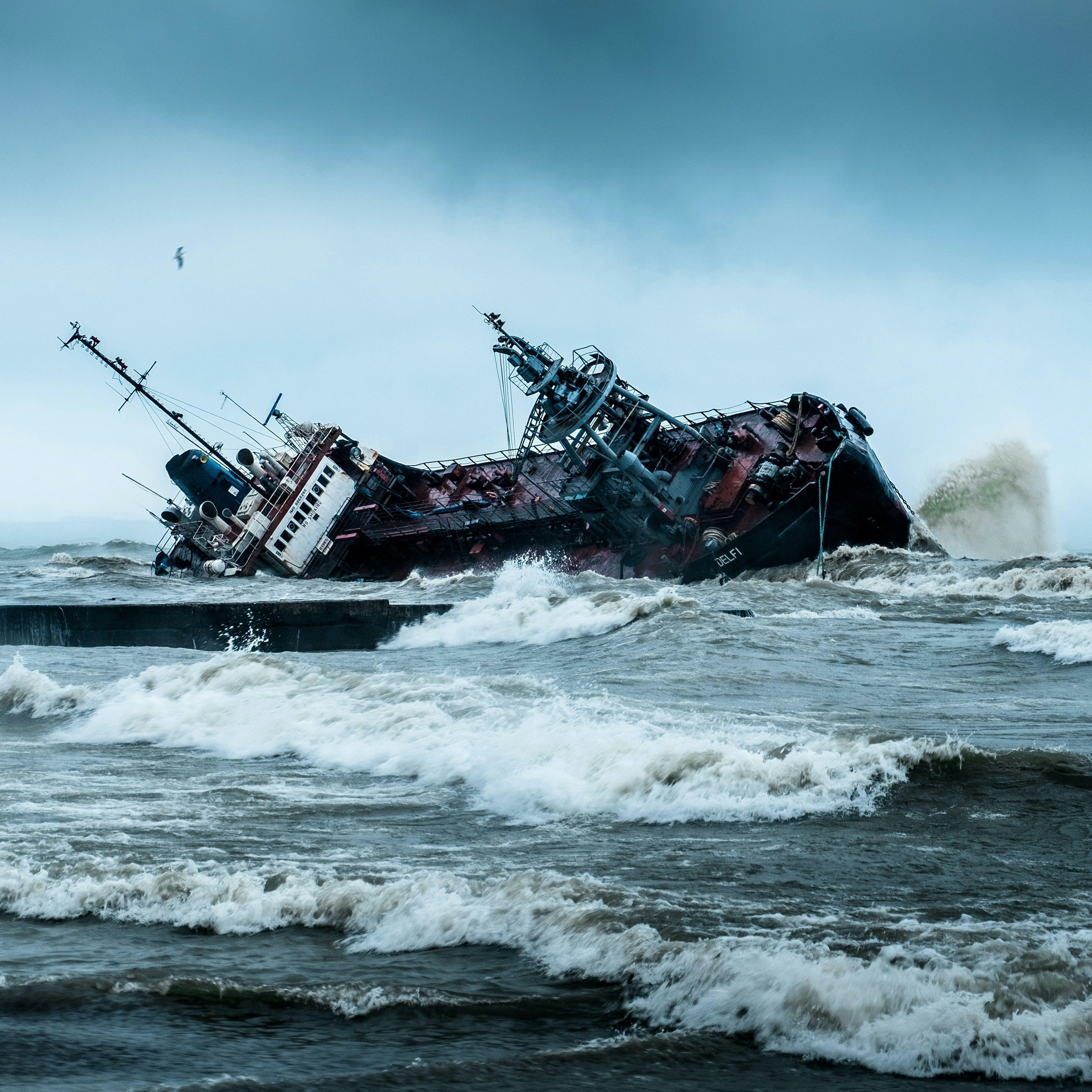Understanding the Legal Landscape of Hurricane Preparedness
As the frequency and intensity of hurricanes continue to rise, organizations and individuals must take a closer look at the legal considerations surrounding hurricane preparedness and recovery. Navigating the legal framework can be complex, yet it’s crucial for ensuring safety, compliance, and efficient recovery post-disaster.
The Importance of Legal Readiness
Legal readiness involves understanding local and federal laws that govern emergency preparedness and response efforts. Failing to comply with these regulations can lead to significant legal ramifications, financial penalties, and even jeopardize public safety.
One primary consideration is the Stafford Act, a federal law designed to bring an orderly and systemic means of federal natural disaster assistance for state and local governments in carrying out their responsibilities to aid citizens. Additionally, the Occupational Safety and Health Administration (OSHA) mandates specific safety protocols to protect workers during disasters.
Property and Insurance Law
Property owners need to be aware of insurance coverage specifics well in advance of hurricane season. Understanding what is included in your policy, such as coverage for wind, flooding, and other related damages, can mitigate financial losses. Discussing plans with insurance providers to clarify policy terms is advisable.
Contractual Obligations
For businesses, it’s essential to review contracts and agreements with suppliers, customers, and tenants. Contracts may contain force majeure clauses that specify obligations during unpredictable events like hurricanes. Evaluating these clauses and possibly renegotiating terms to include detailed hurricane-related contingencies is a wise precaution.
Navigating Evacuations and Safety Protocols
Evacuations are critical during hurricane threats. However, implementing them involves numerous legal considerations. Organizations must ensure compliance with local evacuation orders and align them with the Florida Division of Emergency Management’s guidelines. Clearly communicated evacuation plans that adhere to legal requirements can save lives and minimize legal liabilities.
Employment Law Considerations
Employers are obligated to prioritize employee safety while also considering legal implications. Employers must be aware of federal and state labor laws concerning wage payments during business interruptions and employee safety requirements during a hurricane.
Providing appropriate training, such as CPR Training for Workplace and other emergency response courses, can not only improve safety but also demonstrate a commitment to employee well-being, which is crucial from a legal standpoint.
Legal Aspects of Recovery and Rebuilding
Post-hurricane recovery requires adherence to various local building codes and regulations to ensure that rebuilding efforts are compliant and resilient. Engaging with reputable contractors who understand the legal landscape of reconstruction can facilitate efficient recovery processes.
For businesses seeking to donate or provide humanitarian aid, understanding the legalities surrounding such efforts is essential. Supporting nonprofit organizations that are well-versed in legal compliance can amplify the impact of these initiatives.
Conclusion
Legal considerations are an integral part of comprehensive hurricane preparedness and recovery plans. By proactively addressing these issues, individuals and businesses can protect themselves from legal repercussions and contribute to a safer, more resilient community. For those seeking to get more involved in hurricane preparedness or need further training, visit our blog or explore our courses for more resources.

